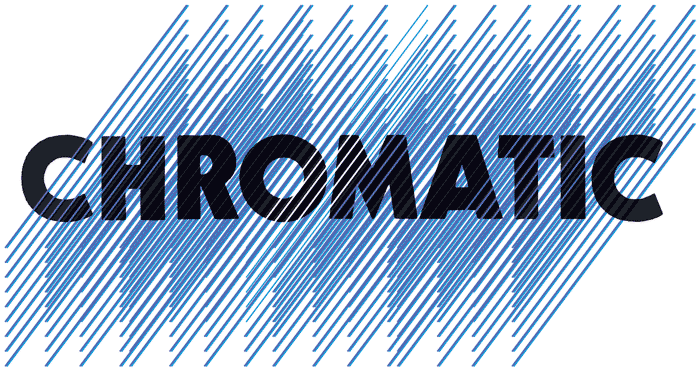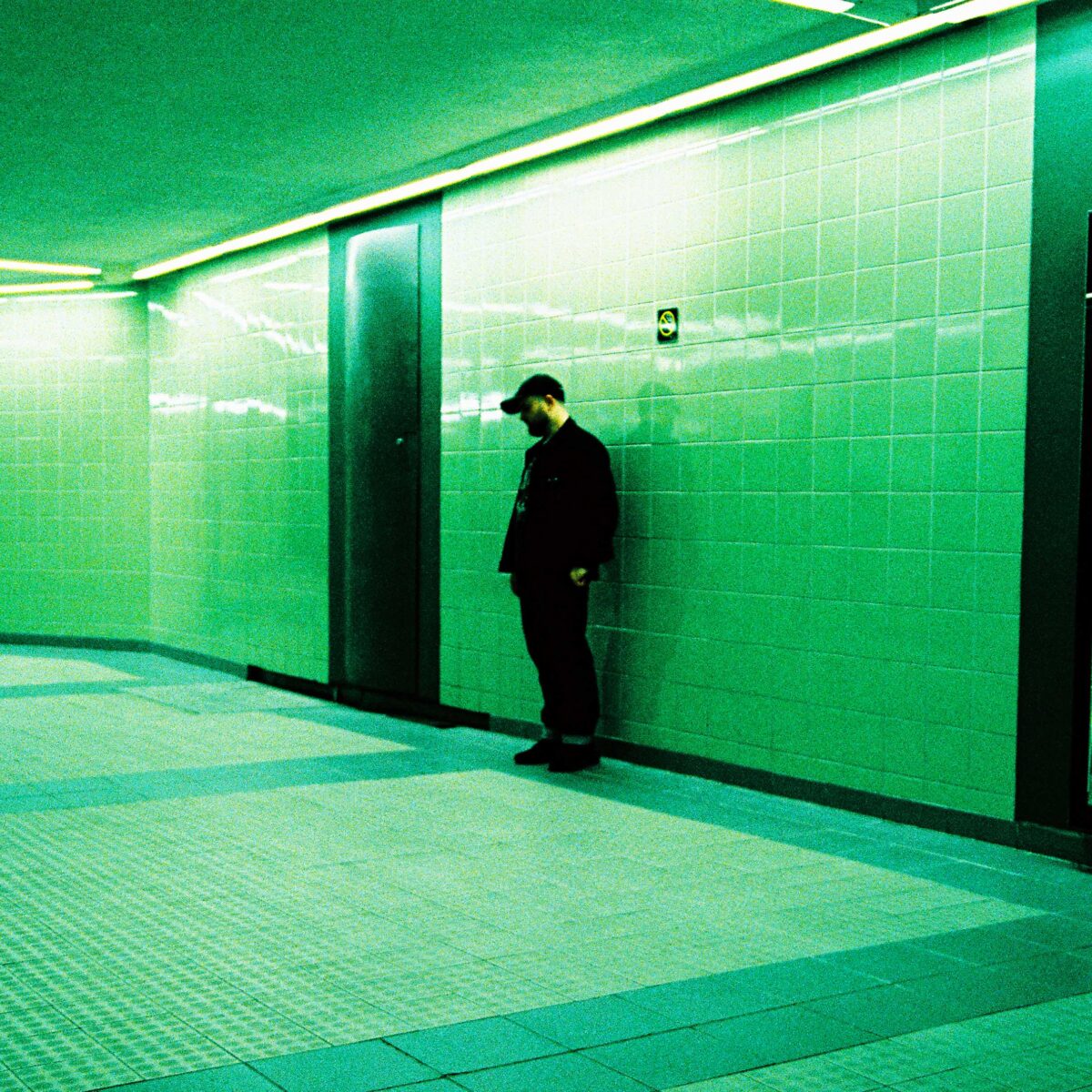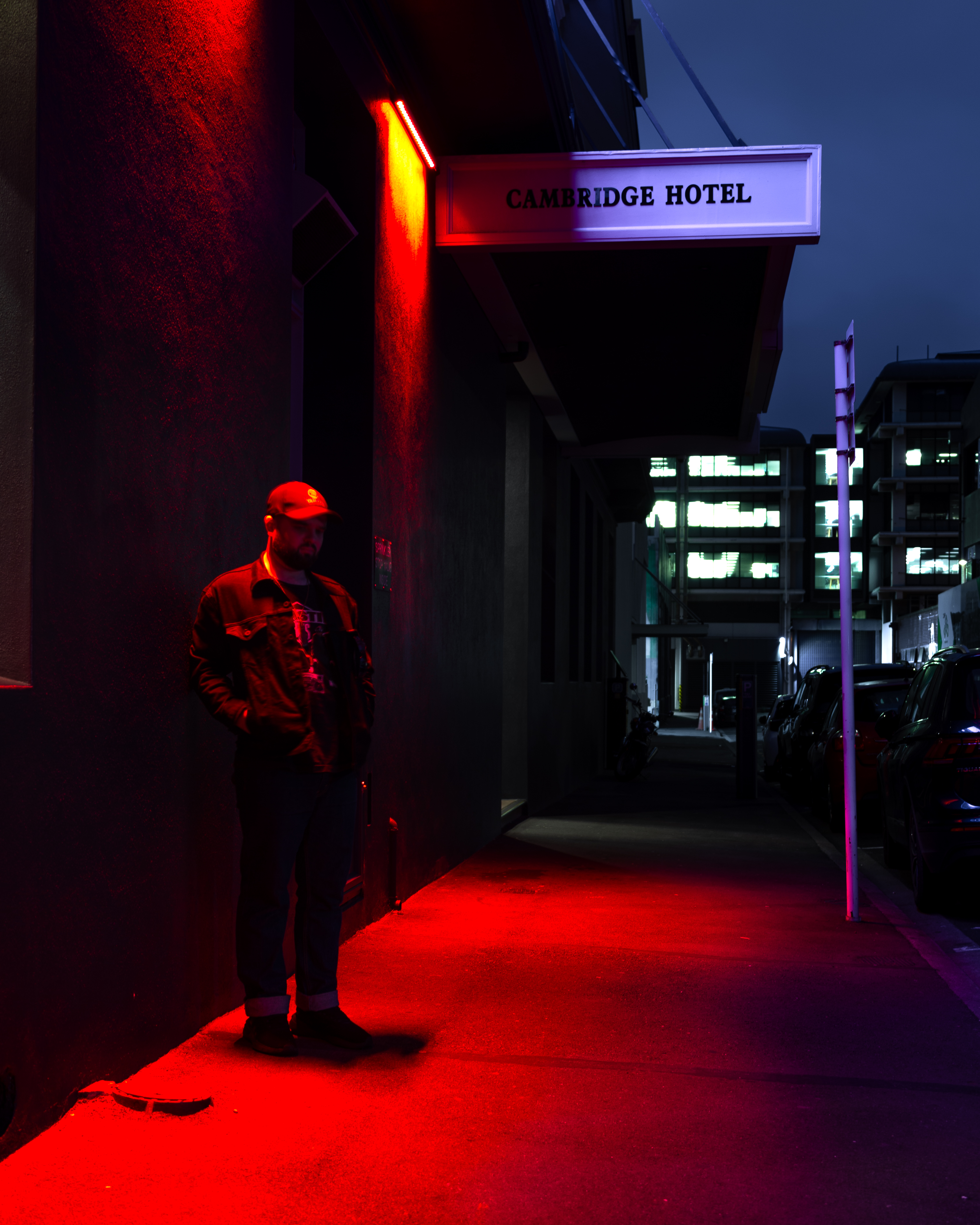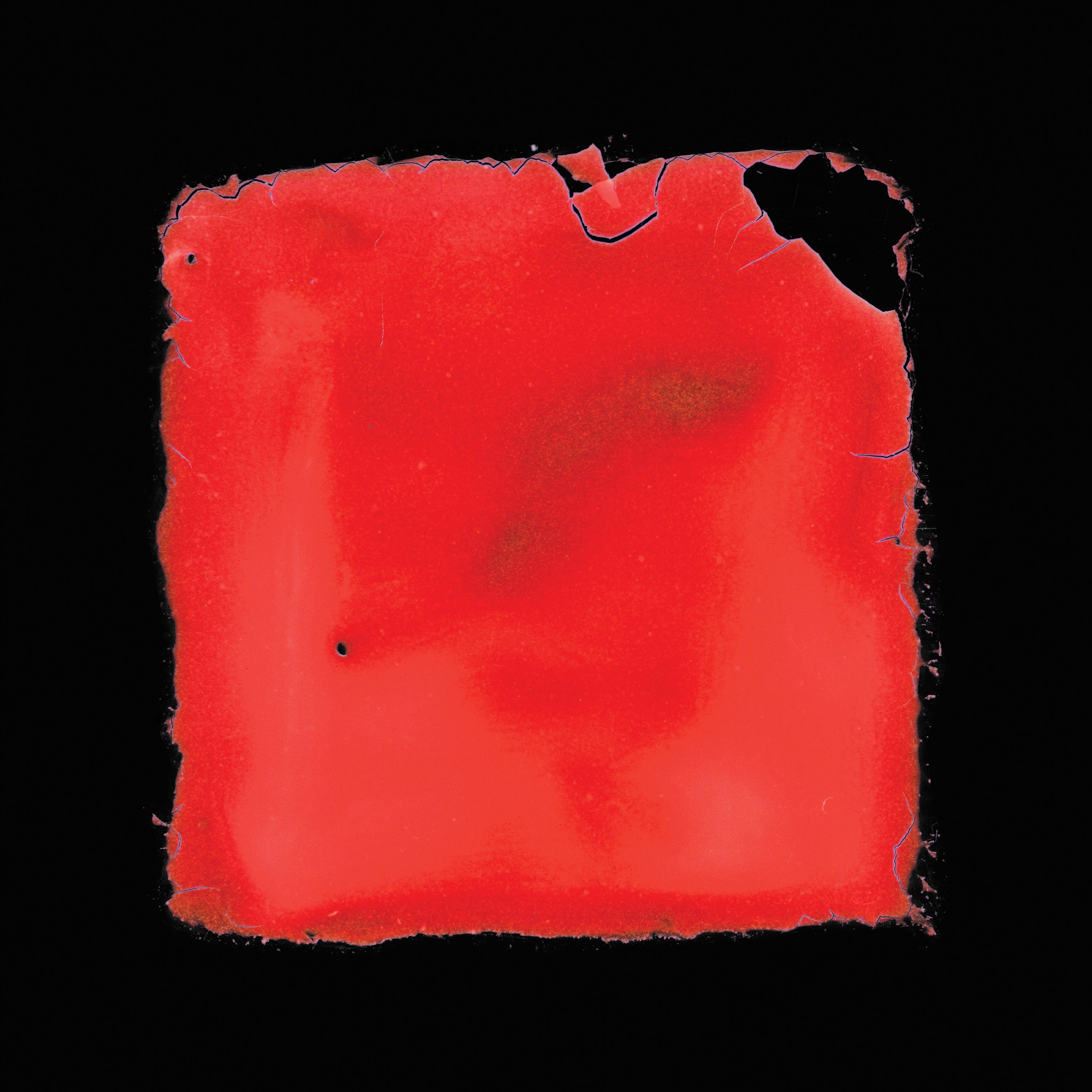salvia palth
salvia palth
last chance to see LP
Danger Collective Records
In 2013, a New Zealand teenager named Daniel Johann Lines quietly uploaded his debut album, melanchole, to Bandcamp under the moniker salvia palth. It was a homespun collection full of vulnerable, self-recorded songs about the overwhelming messiness that comes from growing up and figuring out who you are. While he had modest intentions for the intimate full-length, it profoundly resonated with tens of millions on platforms like Tumblr and streaming services. To date, the record remains a wildly influential lo-fi release, a moving portrait of youth in turmoil. Now, over a decade later, Lines returns as salvia palth with a new LP called last chance to see. It’s the now 27-year-old’s most fully formed and ambitious effort yet. It’s not only a complete artistic reinvention but one that gracefully closes the chapter on a formative period of the songwriter’s life.
His decision to revisit the salvia palth moniker is intentional and integral to the album. “These songs thematically tie in with what people who are still listening to the first album might need to hear: young people who struggle to make meaningful relationships,” he says. “With melanchole, there's no real closure, and there's no real path forward. You're stuck with this stunted teenage philosophy of vague nihilism that I'm trying to replace with a more constructive philosophy.” last chance to see offers not only a chance for Lines to start fresh, but to showcase his evolution as a songwriter since 2012, and his emotional growth as a person. The songs here also serve as a roadmap for anyone curious about DIY music and self-recording: besides drum tracks performed by Samuel Austin, everything on the LP was performed, mixed, and recorded by Lines. As he sings on closer “still i struggle,” “I’m here to say there’s nothing to it / it’s nothing special, anyone could do it / but still I struggle just to get through it.”
As the songs on his debut found new life online, Lines decided to stay out of the spotlight and double down on music. He attended the New Zealand School of Music in Wellington while quietly releasing music under different aliases like the electronic side project Adore, 1996, and his name, Daniel Johann. “I was 15 when I recorded melanchole and I couldn't have made it sound good,” says Lines. “The reality of the sound of that record is that I didn't know what I was hearing or how to fix it.” His education and his painstaking perfectionism inform the new LP. The recordings on last chance to see are impeccably crafted, densely layered, and ambitiously genre-hopping. Standout “that’s what” masterfully combines jazzier, organic folk elements with drone and dissonance. There’s a palpable level of intention and care in the arrangements as songs careen from psychedelic folk rock to electro-pop, with the occasional breakbeat, bossa nova rhythm, and sample-based freakout.
Lines is based in Wellington where he self-records out of his home studio but he grew up in rural New Zealand. “I grew up in a shed basically,” he says. “My dad was a nurse who lost his job in 2008. I didn't even really have any money. I'm an epileptic. I'm pretty useless at most jobs. There was basically no path forward for me other than music.” He started work on last chance to see seven years ago, constantly tweaking, editing, and adding textures to the songs bit-by-bit. When his father, whose love for Björk and Captain Beefheart sparked Daniel’s interest in music, died in 2020, the loss was shattering to Lines. “I didn’t make anything for a year after his death but it became the emotional crux of the whole album,” says Lines. “These are platonic love songs decontextualized.” Elsewhere, Lines delves into how relationships fray and splinter on tracks like “best friend on the cross,” where he sings about a loss of trust over an arena-ready rock arrangement, “If I had the guts / I would tell you what was what / can’t think about what you’ve done.”
last chance to see is strikingly immersive listening, a welcome salve from the stagnant sonics of most lo-fi releases. Compared to salvia palth’s debut, the follow-up finds the same desperate catharsis channeled into something grounded and exploratory. “This is a record about how people behave, the difficulties of adult relationships, and having people do things that are against your code of ethics,” says Lines. “That's a particularly relevant message for people who gravitated towards melanchole because there was no actual prognosis there. I want people to experience a different kind of music and show them something they didn’t expect.”




